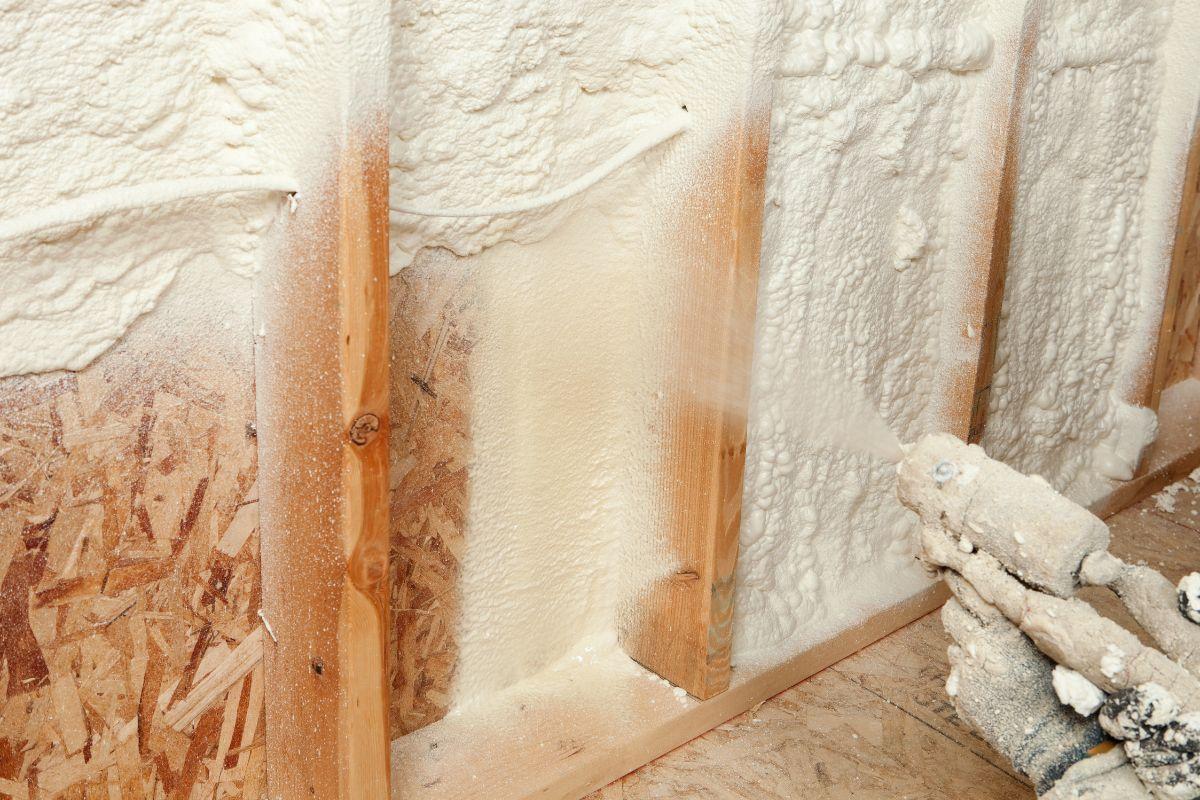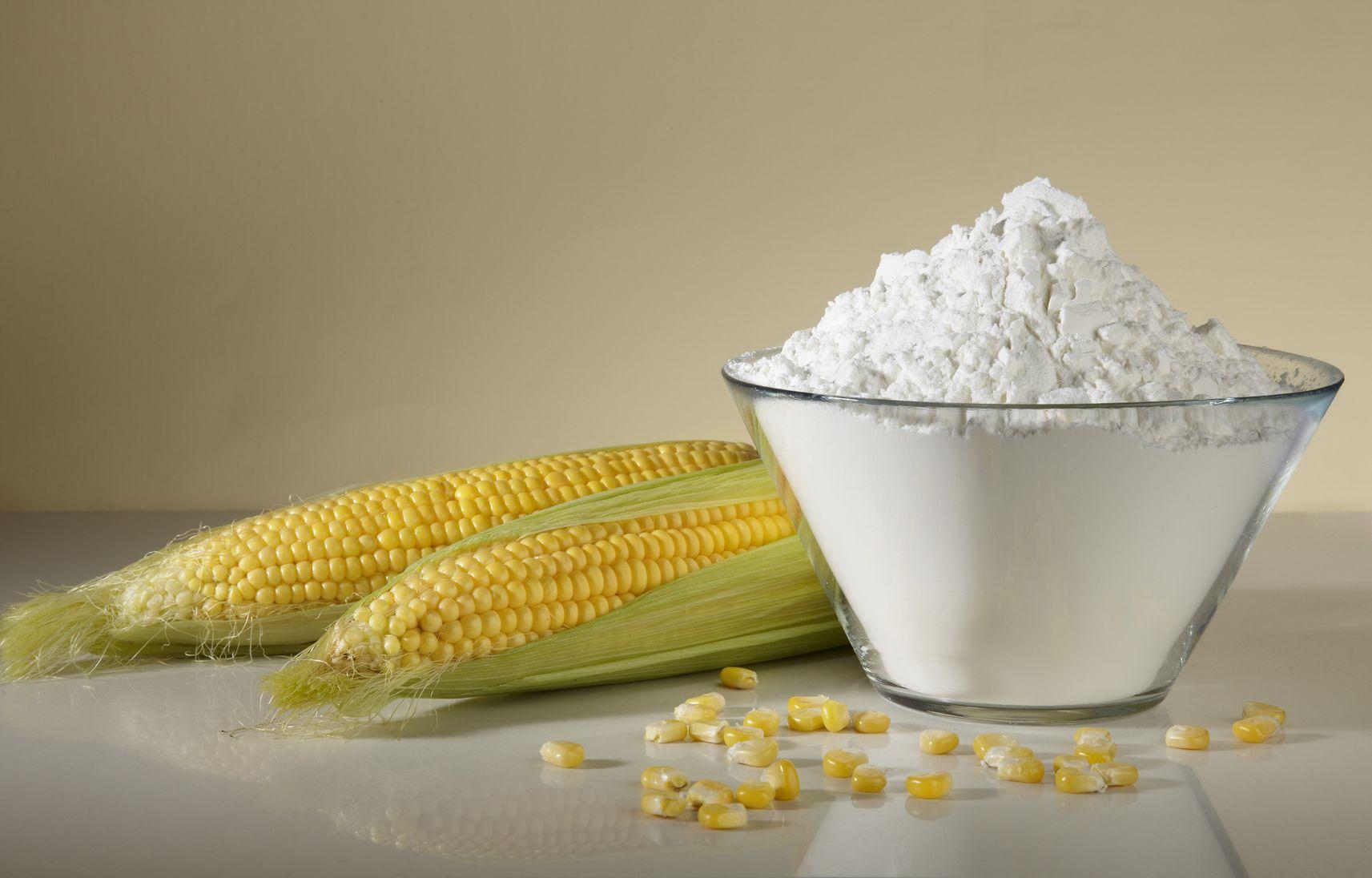Patrocinados
Top 5 Reasons Homeowners Are Choosing Spray Foam Insulation

When it comes to insulating a home, homeowners are increasingly turning to spray foam insulation as their material of choice. Known for its superior energy efficiency, durability, and versatility, spray foam has become a game-changer in both new construction and retrofit projects. Unlike traditional insulation materials like fiberglass and cellulose, spray foam offers a host of advantages that go beyond just keeping your home warm in the winter and cool in the summer.
In this article, we’ll explore the top five reasons why homeowners are choosing spray foam insulation—and why it might be the best investment for your property.
1. Exceptional Energy Efficiency
Energy efficiency is perhaps the most compelling reason homeowners opt for spray foam insulation. Spray foam creates an air-tight seal, reducing air leaks that are common with traditional insulation materials. These air leaks are one of the primary causes of high energy bills, as heating and cooling systems must work harder to maintain a consistent temperature.
There are two main types of spray foam: open-cell and closed-cell. Both offer excellent insulation, but closed-cell foam is denser and provides a higher R-value per inch. The R-value refers to the material’s resistance to heat flow—the higher the R-value, the better the insulation.
By minimizing heat transfer and sealing even the tiniest gaps, spray foam helps maintain a comfortable indoor environment all year round. Many homeowners report significant reductions in their energy bills after installation—often by 30% or more.
2. Improved Indoor Air Quality
Another major benefit of spray foam insulation is its ability to improve indoor air quality. Traditional insulation often leaves gaps that allow allergens, dust, moisture, and pollutants to enter the home. Spray foam, on the other hand, acts as a barrier that helps prevent the infiltration of outdoor contaminants.
Additionally, spray foam insulation is inert once it cures, meaning it doesn’t release any harmful particles or gases into the air. For homeowners concerned about asthma, allergies, or other respiratory issues, spray foam can contribute to a healthier living environment.
By reducing the entry of pollen, mold spores, and other irritants, spray foam helps homeowners breathe easier—literally.
3. Moisture Resistance and Mold Prevention
Moisture is the enemy of a healthy home. It can lead to mold growth, structural damage, and increased maintenance costs. Spray foam insulation, particularly closed-cell spray foam, is resistant to water and acts as a moisture barrier.
Because it doesn't absorb water like traditional insulation, it helps to prevent mold and mildew from developing inside walls, attics, and crawl spaces. This is especially important in humid climates or areas prone to heavy rain and flooding.
Furthermore, spray foam adheres to almost any surface and expands to fill every nook and cranny, leaving no room for moisture to seep in. The result is a drier, safer, and more durable home structure that can better withstand the elements over time.
4. Increased Structural Integrity
Spray foam insulation does more than just insulate—it also strengthens the building envelope. Closed-cell spray foam adds rigidity to walls and roofing systems by bonding to the building materials and increasing their load-bearing capacity.
This added strength can be especially beneficial in regions prone to high winds, heavy snow, or even earthquakes. A home insulated with closed-cell spray foam is not only more energy-efficient but also more structurally sound.
In addition to reinforcing walls, spray foam can reduce noise transfer, providing soundproofing benefits that enhance overall comfort. Whether it’s blocking out traffic sounds or providing more privacy between rooms, spray foam adds both physical and acoustic insulation.
5. Long-Term Savings and Durability
While spray foam insulation typically costs more upfront than traditional insulation methods, it offers substantial long-term savings. Its superior performance translates to lower energy bills, fewer repairs, and less maintenance over the life of your home.
Spray foam also has an impressive lifespan. Unlike fiberglass or cellulose, which can settle, degrade, or become infested with pests over time, spray foam remains intact and effective for decades—often as long as the house itself. This durability eliminates the need for re-insulation or frequent replacements, saving homeowners money and hassle.
Because of these factors, many real estate professionals and energy auditors consider spray foam insulation to be a valuable upgrade that can increase a home's resale value. Prospective buyers often view it as a sign of a well-maintained, energy-efficient property.
Final Thoughts
As energy costs rise and homeowners become more conscious of their environmental impact, spray foam insulation continues to gain popularity. From exceptional thermal performance to long-lasting durability, its benefits go far beyond traditional insulation options. It’s an investment not only in comfort but also in the long-term value and resilience of your home.
Categorías
Read More
The global modified starch market is witnessing significant growth, driven by increasing demand across diverse industries such as food and beverage, pharmaceuticals, paper, textiles, and animal feed. Modified starches, derived from sources like corn, wheat, cassava, and potatoes, are chemically or physically altered to enhance their functional properties, making them versatile ingredients in...

The global Superoxide Dismutase (SOD) market Industry is on a trajectory of substantial growth, with its valuation reaching approximately USD 4.22 billion in 2023. Projections indicate that this market will expand at a Compound Annual Growth Rate (CAGR) of 6.98% from 2024 to 2030, culminating in an estimated value of nearly USD 6.78 billion by the end of the forecast period. Seeking...



